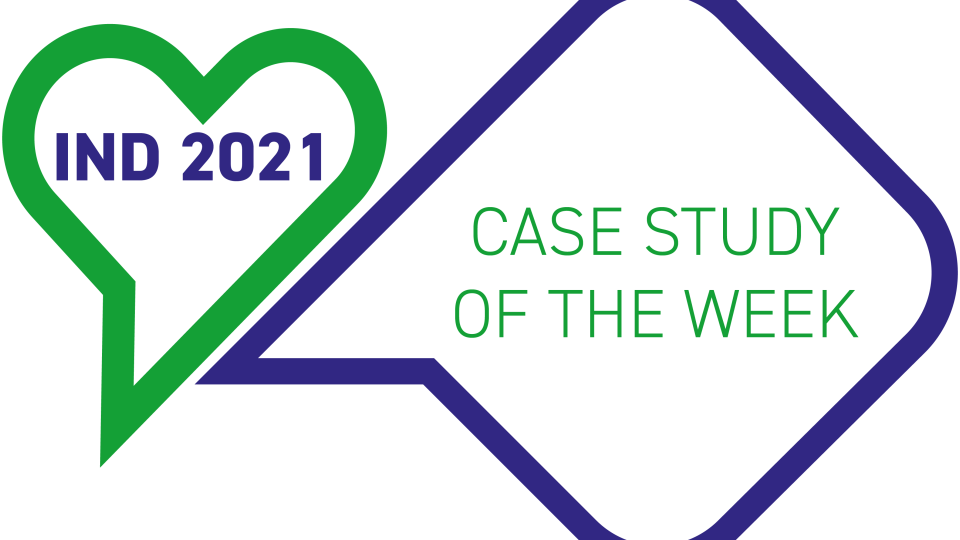Nurse Leadership during COVID-19, Qatar

Contributor: Amal Al-Harbi, BSN, MN, Director of Nursing Education, Hamad Medical Corporation, Qatar

The rapid onset of COVID-19 and its huge burden on resources and staff management creates a pressure on healthcare institutions to be prepared with a maximum workforce. During a pandemic crisis, time is critical and given the urgency of the situation, a focused and prioritized planning is crucial.
Hamad Medical Corporation (HMC) is a governmental institution in Qatar under the Ministry of Health. During COVID-19, HMC expanded its bed capacity to meet COVID-19 needs. The expansion process put HMC clinical leaders under staffing pressure, with an urgent need to maximize the staffing power.
Amal Al-Harbi, Director of Nursing Education at HMC, was involved in the development and upskilling of courses in the simulation centre in non-critical COVID-19 for registered nurses and patient care assistants with short-term contracts to ensure that deployed nurses are safe to practice in COVID-19 areas. While it was very stressful to wear PPEs every day during the simulation-based teaching, they managed to train 1500 nurses who were deployed successfully in the clinical facilities.
Additionally, Amal had a role in supporting the educators who were developing and supporting COVID-19 nurses by managing challenges and discussing appropriate solutions and strategies with the team to ensure the most up to date safety measures and latest evidence. Amal provided teaching in Arabic during one of the upskilling sessions.
To add to the pressure, Amal’s father, who has cancer, was admitted to the surgical intensive care unit because of severe sickness during the peak of COVID-19. She was the only family member to take care of him during the high restrictions of COVID-19.
Amal played a role in supporting the deployment process of the nurse educators and in ensuring safe practices of deployed bedside nurses. The educators deployed in the clinical facilities faced workload and psychological pressures, and Amal took the responsibility to connect with stakeholders and the clinical leaders of COVID-19 facilities to support their physical and psychological safety.
During the peak of COVID-19, Amal felt overwhelmed with responsibilities. She managed her time by allocating hours for each responsibility. Eventually, when the COVID-19 peak sloped down, she realised how effective her role was as the training process went successfully and nurses were functioning well. Moreover, during COVID-19, all the educators deployed in the clinical facilities were safe and felt supported which was evident in their verbal feedback. Her father was safe and happy from the psychological and physical support Amal was able to provide him while he was ill.
In summary, Amal says “Being a leader during a pandemic crisis is not an easy job. Healthcare leaders should have stress control strategies, manage their time effectively, prioritize the required actions, and most importantly keep moving in an inspirational role to support their fellows.” .